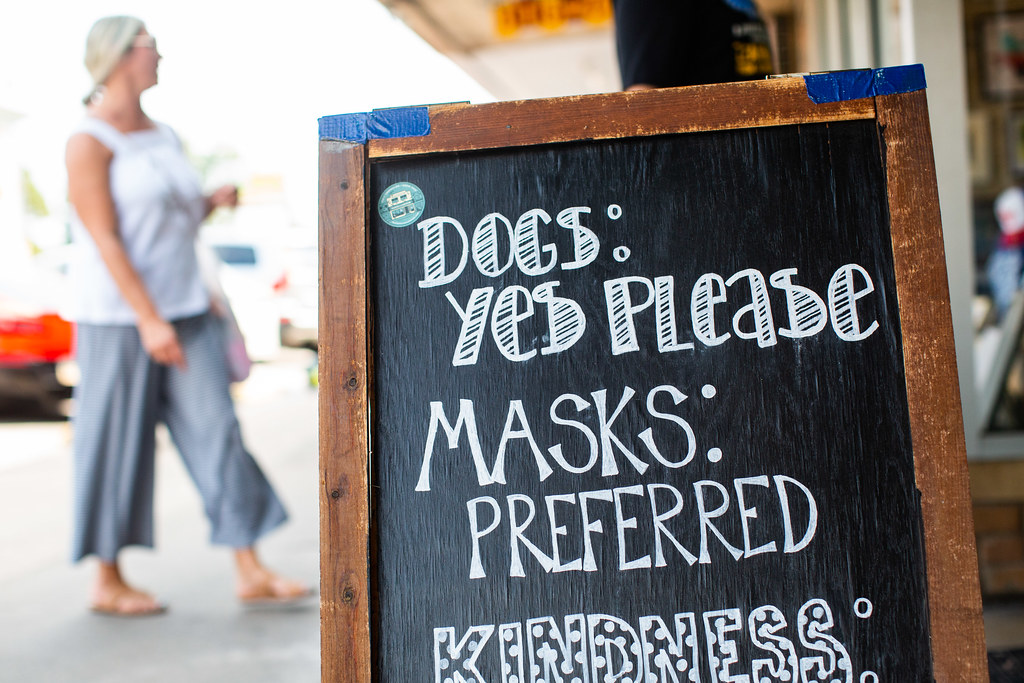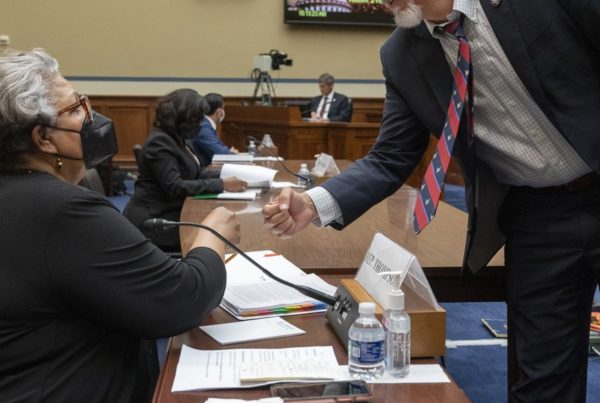In a state where elected leaders put a premium on personal freedom and responsibility, getting individuals to do something for the public good, like wearing a mask or getting vaccinated against COVID-19 may be a tougher sell.
Michael Mackert is director of the University of Texas Center for Health Communication. He told Texas Standard it’s hard to generalize about public impressions of an issue as big as taking precautions against COVID.
“The U.S. Is made up of hundreds of millions of individuals,” Mackert said. “The first thing we talk about in our health communication work is, there is just no message that’s going to work on everyone.”
Mackert says motivational factors vary widely, and communication about health should address those differences. Someone who is motivated by protecting themselves and family members may be less open to messages about getting vaccinated to protect others in the community. Others may respond best to messages that emphasize keeping vulnerable populations safe, or returning the economy to normal by making it possible to safely reopen businesses.
Mackert says politicians and other leaders want to provide definitive information, but that can be challenging as what we know about COVID-19 changes over time.
“The empathy – and acknowledging what we don’t know is really important, because it does make it easier to then update things as we go,” he said.
The length and depth of the pandemic has also taken a toll on peoples’ ability to listen and accept health guidance, Mackert says. Understanding that, and adjusting messages accordingly, is important to successful communication.
“COVID fatigue is real,” he said.
Mackert wants health communicators to stay focused on what’s important, and what will motivate the most people, especially when it comes to returning to school. But, he emphasizes, messaging alone can’t fix public health problems.
“Sometimes we have a policy problem that is in need of a policy solution,” Mackert said.













